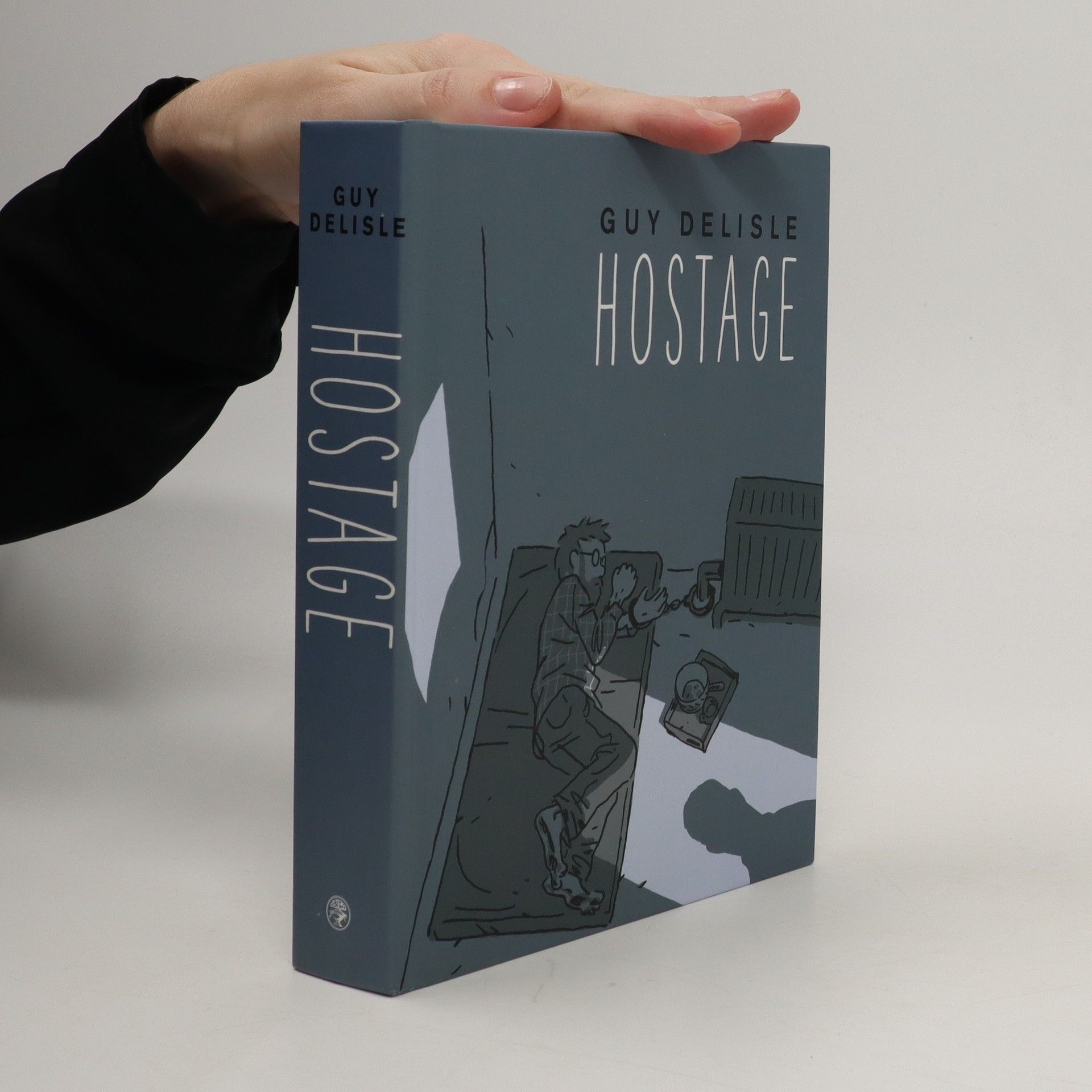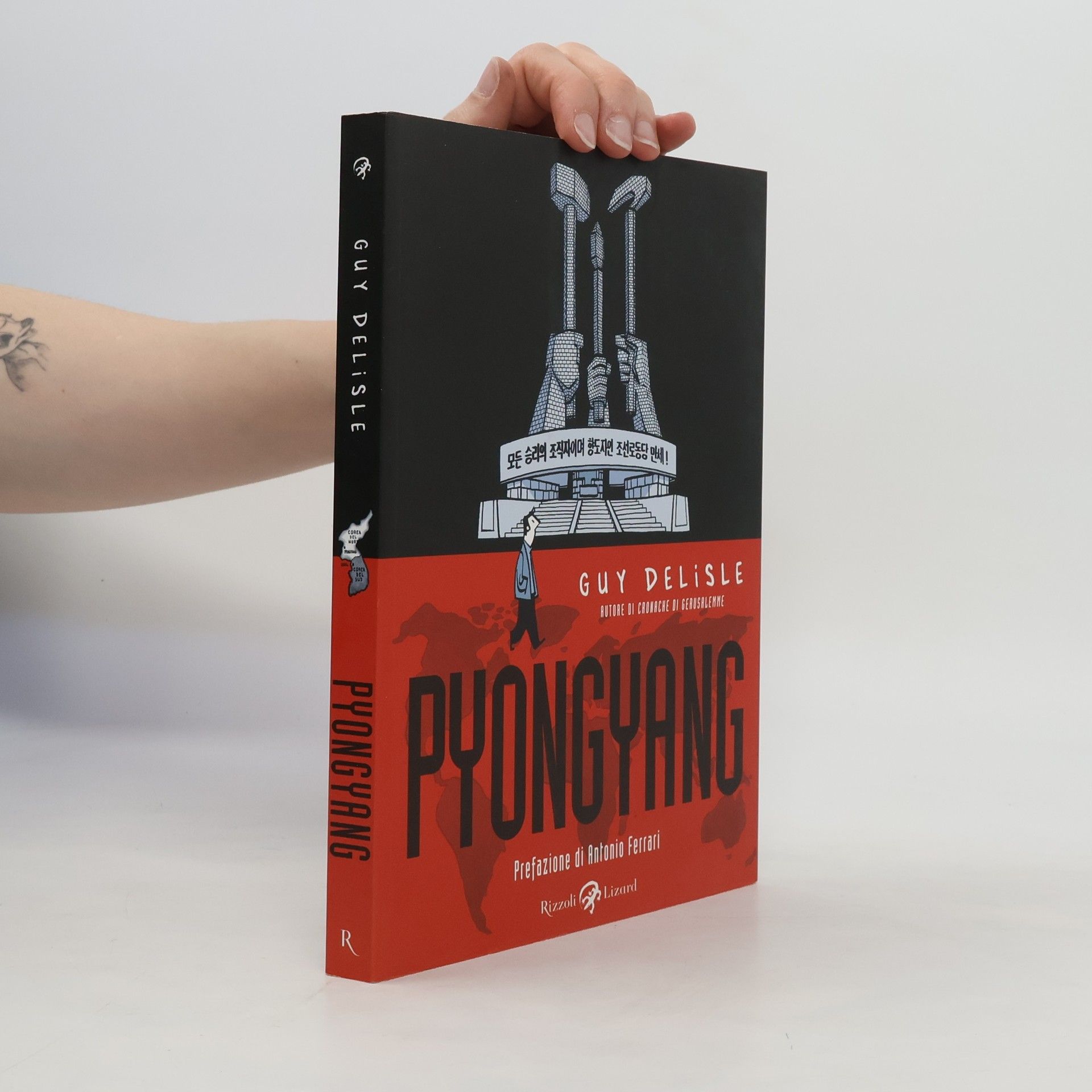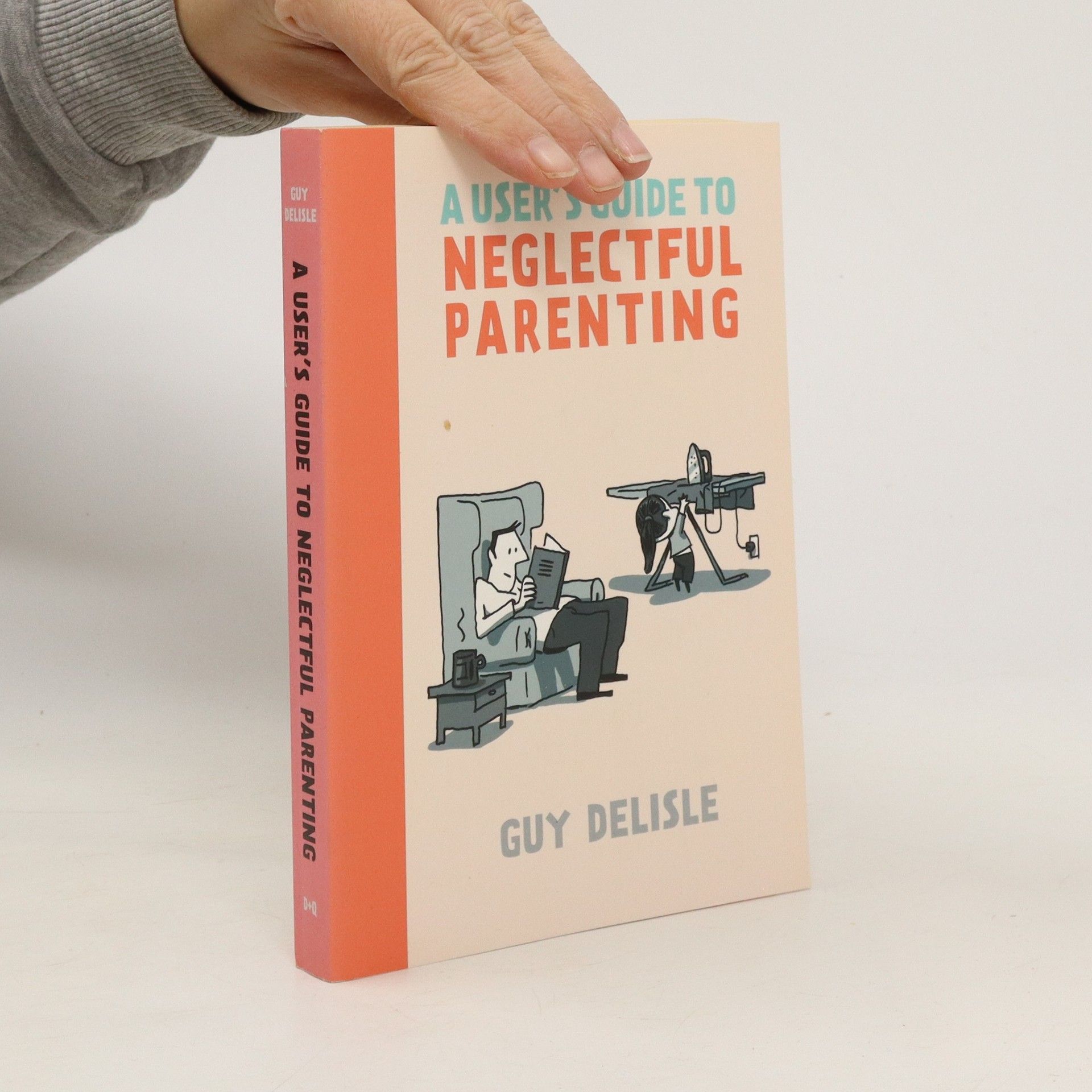Pyongyang
- 184pagine
- 7 ore di lettura
Componente della triade tristemente nota come “Asse del male”, la Corea del Nord rimane uno dei Paesi più misteriosi e imperscrutabili del mondo. Una nazione-fortezza alla quale (caso raro per un occidentale) nei primi mesi del 2001 Guy Delisle ottiene l’accesso grazie a un permesso di lavoro che gli concede la permanenza nella capitale per due mesi. A capo di una squadra che si occupa della produzione di un cartone animato francese, il fumettista osserva ciò che può della cultura e della vita dei pochi nordcoreani che gli viene concesso di conoscere nonostante tutte le restrizioni; dai suoi appunti di viaggio nasce Pyongyang, uno sguardo chiaro e personale su un Paese enigmatico, chiuso a doppia mandata dall’interno, che vive costantemente all’ombra gigantesca del padre della nazione – il “Presidente Eterno” Kim Il-Sung – e della “sola e unica dinastia comunista di tutti i tempi”.








